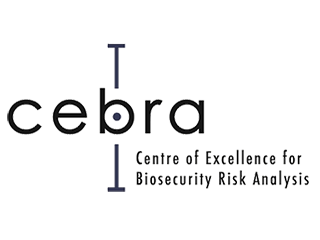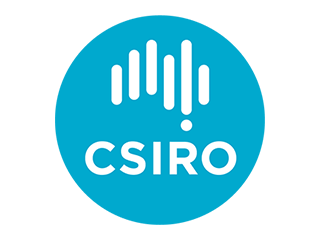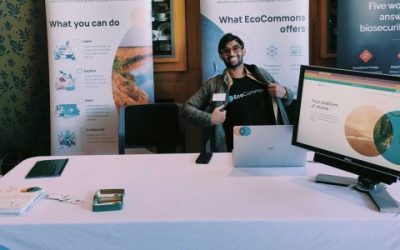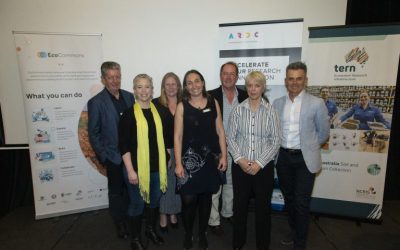Datasets
Algorithms
Partners
Collaborators
Citations*
Find out for yourself
Our challenge
The environment needs our help urgently
Australia’s natural environment is being dramatically transformed by human activity and climate change. There is an urgent need to facilitate collaboration and create a pipeline between research and decision-making to protect and restore the planet. EcoCommons aims to empower Australian practitioners and researchers to use trusted datasets, modelling tools, and training resources to produce high-quality research that will inform and accelerate evidence-based policy and decision-making for the environment.

What our followers are saying
What you can do
Learn
Imagine a place where you can learn about the latest cutting-edge scientific methods.
Master the powerful modelling tools on offer by discovering the pre-reviewed algorithms available in our point-and-click interface, or by learning how to code in R or Python in our command-line environment. Get access to training materials to optimise your results, as well as tips on what to consider during all phases of your analysis. If you are an educator, you can also download teaching modules or example use cases for your lectures and train the next generation of ecological modellers.


Explore
Imagine a place where you can effortlessly find the data you need for your analysis.
Browse a growing catalogue of datasets of species occurrence records and species traits data that you can search, visualise and download. Discover available environmental and climate layers with the same extent, resolution and projection. Find and copy the code behind the point-and-click algorithms to use as building blocks for your analysis.
Build
Imagine a place where you can trial new models or run your own code on the cloud, freeing up your computer.
Point-and-click environment
Explore data from our collection of curated datasets or upload your own data to run your analysis. Choose from 17 algorithms, including species distribution, climate projection, ensemble and species trait models amongst others, in a user-friendly, point-and-click environment.
Command-line environment
Bring your own code using open source languages like R or Python, or draw from a catalogue of functions to build your own analyses in a command-line environment on the cloud. Launch an R or Python server or use JupyterHub notebooks right from EcoCommons’ code library.


Collaborate
Imagine a growing community where you can collaborate with your peers.
Share your results publically or with authorised individuals to solve environmental challenges. Run your code to get results which can easily be reproduced. Collaborate with others in a consistent and transparent manner, and join a growing ecological modelling community.
We provide
Thousands of datasets
Access pre-processed and formatted climate, environment and species data from trusted providers or securely upload your own data.
Easy data wrangling
Quickly cleanse, organise and transform complex datasets with automated tools.
Trusted models and algorithms
Explore an extensive suite of peer-reviewed and trusted models and algorithms with advanced configurations.
Cutting-edge virtual laboratories
Browse our catalogue of modelling functions and play, test and perform experiments in a user-friendly point-and-click environment.
Cloud-based high-performance computing
Run code, visualise large datasets and do analyses directly on the cloud without burdening your personal computer.
Free and secure storage
Get access to free storage where you can securely upload, analyse and share your work with others.
FAIR scientific workflows and results
Save your scientific workflows, repeat experiments and collaborate with others by sharing your analysis scripts and results following FAIR principles.
News & events
Follow our journey
EcoCommons moving to new home in 2024
Management of the EcoCommons Australia platform will change at the start of 2024...
EcoCommons hosts table at TERN Science Symposium
EcoCommons Australia hosted a table at the recent TERN Science Symposium 2023 to promote...
Media release: EcoCommons Australia will transform climate crisis predictions and native species conservation
A world-first data analysis platform launches today which will transform the ability to...
Our partners











- EcoCommons Australia partners with the Australian Research Data Commons (ARDC), which is supported by funding from the National Collaborative Research Infrastructure Strategy (NCRIS) https://doi.org/10.47486/PL108.





